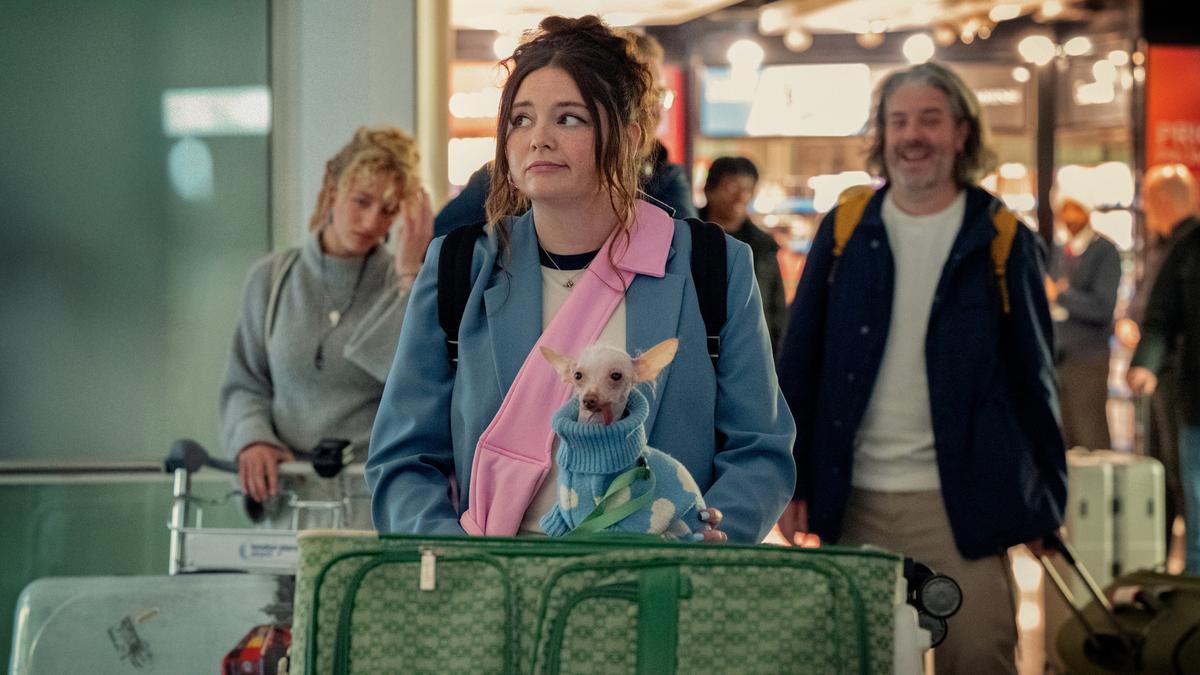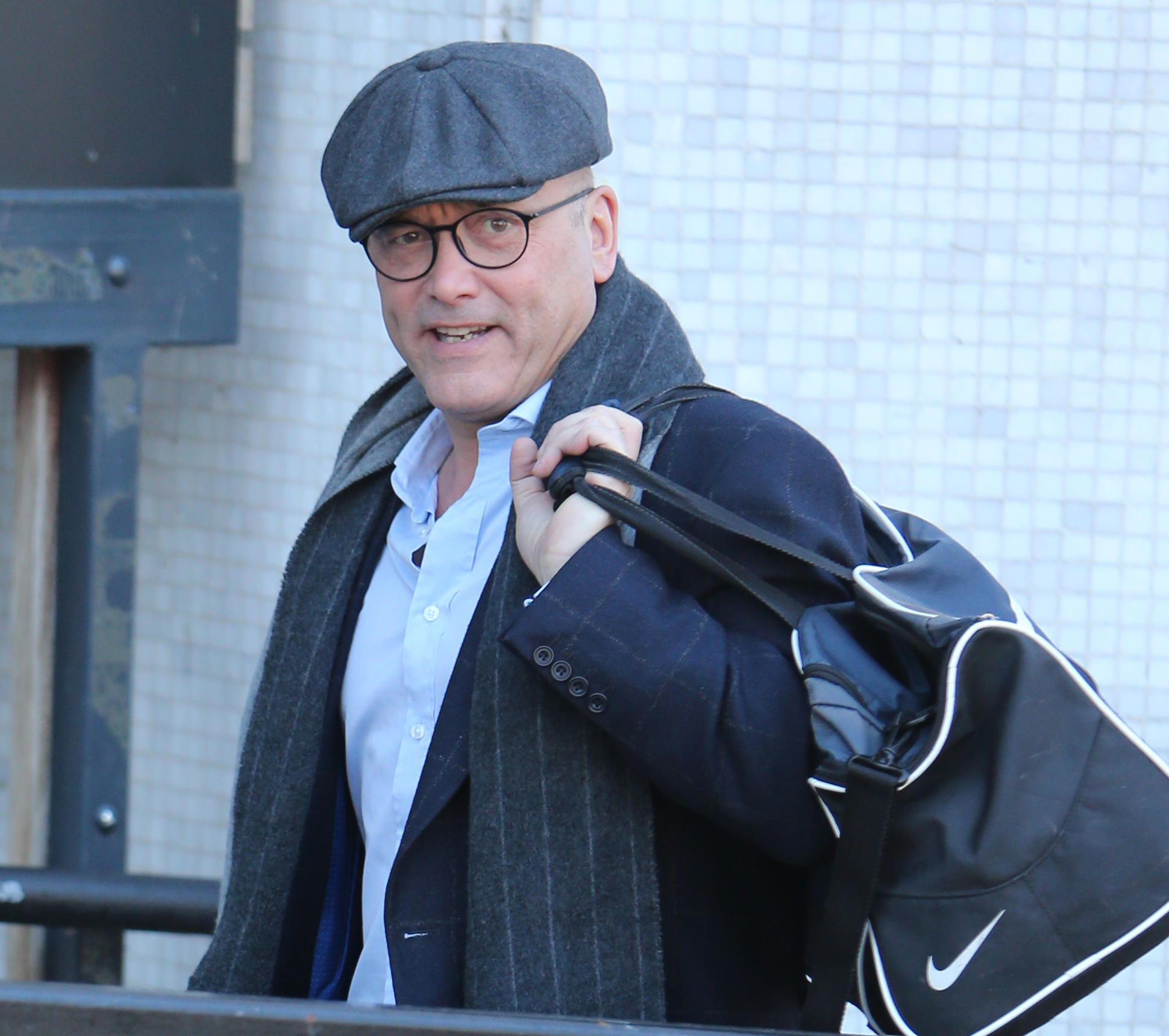Opera's Dying Art? Sarah Giles Sounds Alarm on Crisis Facing Australian Arts

Sarah Giles, the acclaimed director of Opera Australia’s new production of Rusalka, isn’t shy about voicing concerns for the future of the arts in Australia. In a frank interview, Giles highlights a growing crisis within the sector – one that often goes unaddressed due to a reluctance to confront the underlying issues. This isn’t just about funding cuts, although those are certainly a factor; it’s a deeper malaise affecting artistic vitality and long-term sustainability.
Giles’ observations are particularly poignant when considering the tragic fates of many operatic heroines. From Cio-Cio-San’s heartbreaking harakiri in Madama Butterfly to Tosca’s desperate leap from Rome’s Castel Sant’Angelo, these characters rarely enjoy happy endings or extended lifespans. Their stories, steeped in drama, betrayal, and often, suicide, reflect a recurring theme of vulnerability and sacrifice – a theme that, Giles argues, mirrors the precarious position of the arts themselves.
“There’s a sense that we’re all tiptoeing around the real problems,” Giles explains. “We’re so focused on immediate survival that we’re not investing in the future. We’re not nurturing new talent and we're not challenging ourselves creatively.” She points to the increasing pressure to produce crowd-pleasing spectacles at the expense of artistic risk-taking. The desire for guaranteed box office success can stifle innovation and lead to a homogenization of artistic expression.
The challenges extend beyond the creative realm. Giles notes the difficulties faced by emerging artists, particularly in securing stable employment and affordable housing. The “gig economy” model, prevalent in many industries, has infiltrated the arts, leaving many freelancers struggling to make ends meet. This instability not only impacts individual careers but also undermines the long-term health of the sector.
Rusalka, with its themes of longing, transformation, and the consequences of defying natural order, provides a powerful backdrop for Giles’ reflections. The story of the water nymph who sacrifices her voice for love resonates with the sacrifices often demanded of artists. “It’s a story about ambition and loss, about the price of pursuing your dreams,” she says. “And it’s a story that feels incredibly relevant to the current situation in the arts.”
Giles’ call for a more honest and open conversation about the challenges facing the Australian arts is a crucial one. Addressing these issues requires a collaborative effort involving government, arts organizations, and the wider community. It demands a willingness to invest in the future, to support emerging artists, and to champion artistic innovation. The fate of opera, and indeed, the entire arts landscape, may depend on it.
“We need to be brave enough to ask ourselves what kind of arts sector we want to have in Australia,” Giles concludes. “Do we want a vibrant, dynamic, and culturally significant sector, or are we content to simply maintain the status quo?” The answer, she believes, is clear. The time for action is now.




